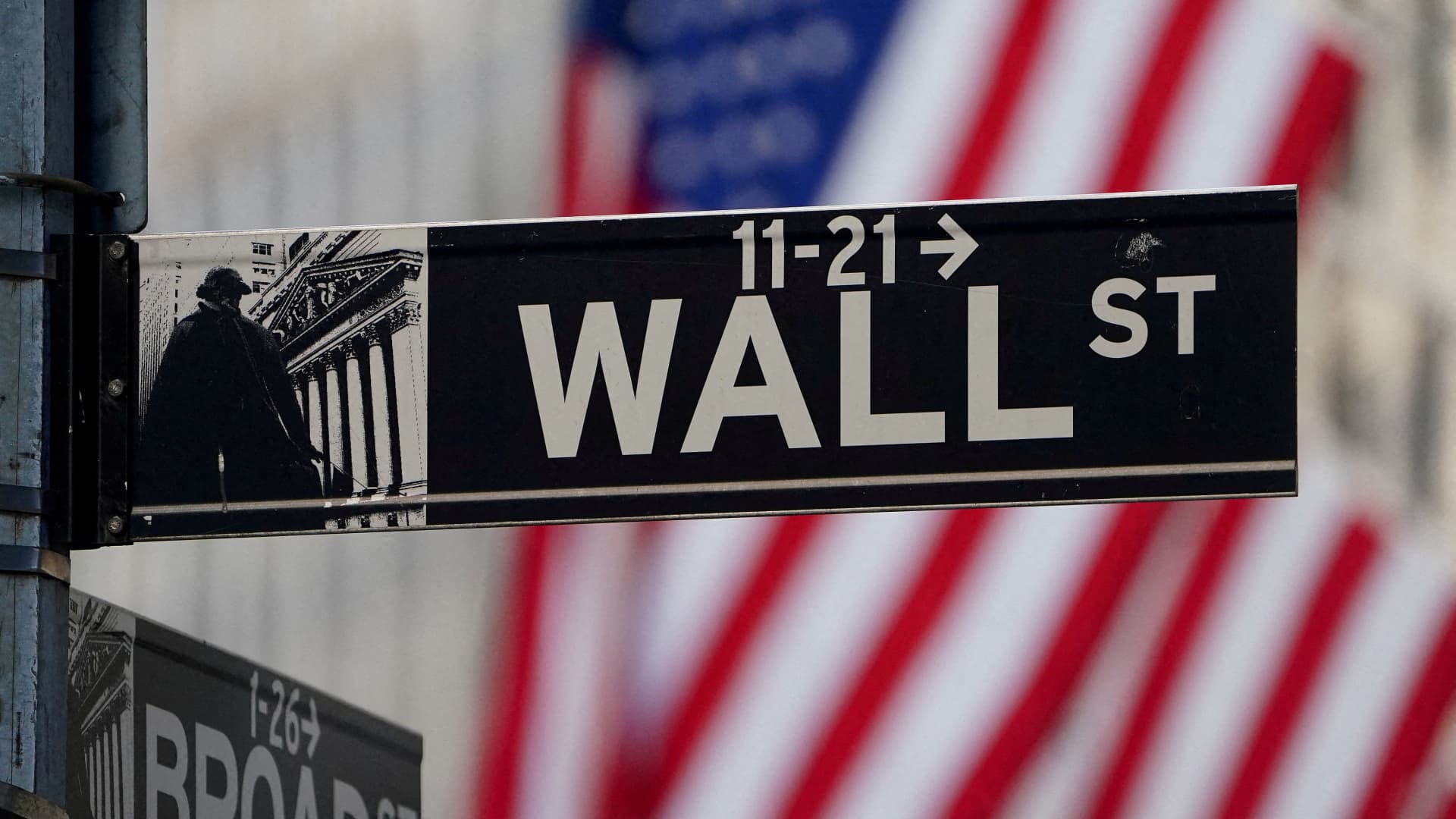These new ETFs will help investors target a lucrative part of the corporate bond market

A new group of ETFs launching Thursday aims to give investors the ability to be more selective in how they buy the highest yielding part of the investment grade credit market. BondBloxx is set to debut three new funds on Thursday: BBB Rated 1-5 Year Corporate Bond ETF (BBBS) , BBB Rated 5-10 Year Corporate Bond ETF (BBBI) and BBB Rated 10+ Year Corporate Bond ETF (BBBL). Bonds rated BBB or an equivalent are considered the last rung of investment grade credit. They typically offer a higher yield than Treasurys or AAA credit, in exchange for having slightly higher default risk. The new ETFs appear to be the only ones on the market to give investors the ability to target this area of the credit spectrum and different maturity buckets in the same product. All three funds have an expense ratio of 0.19%, and a stated yield to maturity of more than 5%. The launch is the latest in a boom of new bond ETFs. The past few years have seen successful new funds from active managers like BlackRock’s Rick Rieder and from targeted passive exposures, like the F/m Investments US benchmark series . ETF issuers are betting that investors and financial advisors want more targeted exposure to fixed income than offered by the biggest index funds on the market. The fact that BBB bonds are investment grade and rarely see defaults outside of deep recessions means that their performance often tops ultra-safe Treasurys. Tony Kelly, co-founder of BondBloxx, said BBB credit is the “not-so-secret sauce” for active managers trying to beat credit benchmarks. “It’s a pretty persistent outperformance part of the market,” Kelly said. Of course, economic downturns are always a concern for corporate credit. Even if companies don’t default on bonds, investor fear of that possibility could drive a sell-off in the form of higher spreads to Treasurys. But Lauren Goodwin, economist and chief market strategist at New York Life Investments, said that “credit’s in a pretty good spot” if the economy slows in 2024, as many on Wall Street expect. “Even as the economy slows and defaults start to pick up, this space should be, first of all, relatively well positioned from a credit quality perspective, but also you’re getting really attractive yields,” Goodwin said about BBB credit generally. Goodwin said that risks to her outlook include a rapid rise in unemployment or a surprisingly strong economic year in 2024 that causes the Federal Reserve to keep rates high and pushes a recession further into the future, when more companies will need to roll over their debt. If the Fed cuts rates in 2024, the different time frames of the BondBloxx funds could come in handy. The ETFs hold bonds with fixed coupons, so as rates fall, the price of the bonds should rise. This impact is often greater for longer-dated bonds because they allow investors to lock in above-market payments. “Adding duration makes sense. Adding duration in investment grade makes a lot of sense,” Kelly said. One caveat to the two shorter term funds from BondBloxx is that they have heavy exposure to bonds from financial firms, according to the prospectus . This is not unusual for corporate bond funds since banks and other financial institutions issue a lot of short-term debt, but it does suggest that the funds could have some concentration risk.









